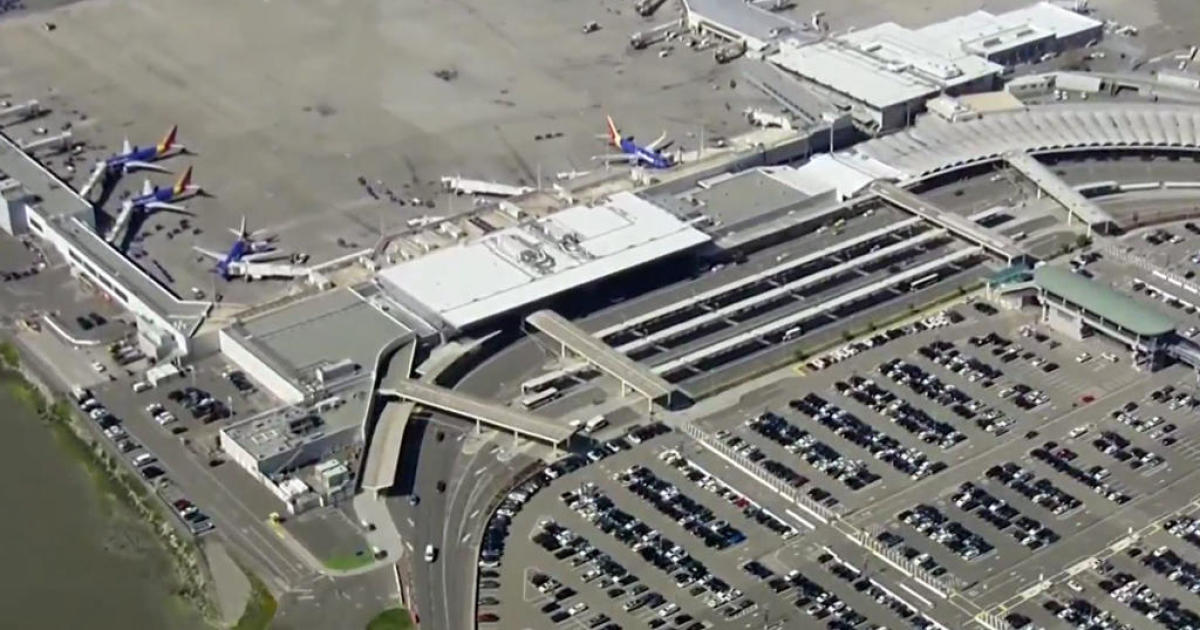Former Ambassador, Stanford Fellow Sees Fragile Gains In Afghanistan
STANFORD (KCBS) - What is now the longest official conflict in American history has destabilized Al-Qaeda and replaced the Taliban with a fragile democracy that has yet to connect with the Afghan people, former Ambassador Karl Eikenberry said Friday.
Eikenberry, a distinguished fellow at Stanford University's Freeman Spogli Institute for International Studies, said the U.S. has achieved many of the objectives of the war launched less than a month after the September 11th terror attacks.
"Bin Laden is dead. Al-Qaeda is fragmented. They're under unprecedented pressure. They're not defeated yet. The Taliban regime which supported them has collapsed. And we have in Kabul a friendly, albeit fragile, democracy that's in place," he said.
Eikenberry worries that corruption in the Afghan government could undermine the military gains. He believes American troops will likely stay there for many years to come, even as the drumbeat to bring them home grows.
"Great progress has been made, but still formidable challenges ahead," Eikenberry said.
KCBS' Doug Sovern Reports:
More than 1,700 Americans have died fighting ten years ago, but the war is not part of the public consciousness the way Vietnam was.
"The American people have become somewhat disconnected from this particular conflict even though it's the longest one in our history," said CBS News military consultant Jeff McCausland.
Friday's anniversary of the invasion was a powerful milestone at home for families that had lost relatives to the conflict.
Beth Belle's son Nicholas was killed fighting in Afghanistan. She fears America has forgotten all the sons and daughters still battling in Afghanistan.
"They don't think about that every day these young men and women are put in harm's way. And they are fighting for us," she said.
A milestone that was unavoidable for Bell in some cases meant little to the ones actually fighting the war.
American troops in Paktika Province fired back at insurgents attacking them from just across the border in Pakistan. And staying alive was on Pfc. Jeffrey Mixon's mind much more than the date on the calendar.
"I was in 6th grade when all this kicked off," he said. "People that were older and probably more mature back then, it probably means a lot to them today."
Cpl. Mitch Williams wondered if the insurgents firing at his company were more aware of the significance of this date than he and the other soldiers.
"I think that they've made a point to keep us busy today and maybe up their attacks. But we've been a little more busy today than usual," he said.
Williams said he had become more or less accustomed to the barrage of artillery.
"But every single time it comes in, you still freak out and no matter what," he said, "screaming incoming and crossing your fingers and hoping for the best."
Those attacks, and a war that costs $200 million a day to fight, are not likely to end anytime soon, said another Stanford scholar, Erik Jensen.
"It will take not next year or the year after. It will take a couple dozen years," he said.
Jensen said only a sustained effort could ensure the sight of school girls walking home after class in the afternoon remained a fixture of Afghan life, and not just an interlude.
(Copyright 2011 by CBS San Francisco. All Rights Reserved. This material may not be published, broadcast, rewritten, or redistributed.)



